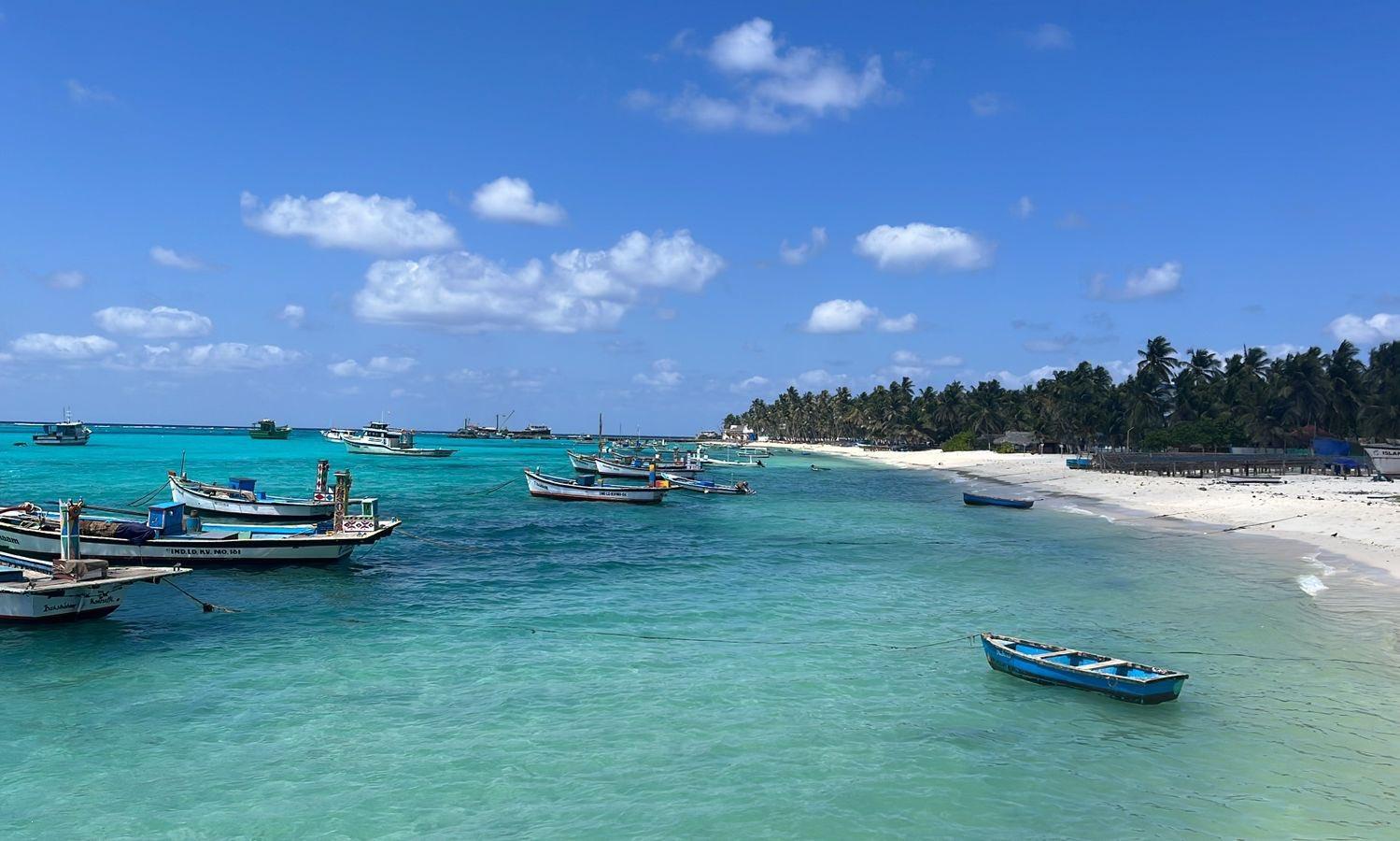
Lakshadweep can't handle high tourist influx, says MP Mohammed Faizal
text_fieldsAs the "Chalo Lakshadweep" call gain traction on Indian social media, Member of Parliament Mohammad Faizal outlined the challenges the island faces in handling a major tourist influx.
With only 10 of Lakshadweep's 36 islands inhabited and a delicate ecological balance, Faizal emphasised the need for controlled tourism.
The Supreme Court-appointed Justice Ravindran Commission's "integrated Island management plan" serves as the development guide, considering factors such as carrying capacity and environmental impact.
Lakshadweep, constructed from coral, is ecologically fragile, leading to a focus on high-end controlled tourism. Faizal underscored the significance of the "consent towards the environment" from tourists.
The ongoing diplomatic row with the Maldives has prompted increased interest in Lakshadweep as a tourist destination. However, the island's limited infrastructure, including 150 hotel rooms and no direct flights, poses practical challenges.
The Justice Ravindran Commission's plan, considered the "bible for development," outlines guidelines for infrastructure projects, ensuring the islands' ecological sustainability. Currently, only 8-10% of Lakshadweep's population depends on tourism, and the union territory aims to maximise revenue through carefully regulated tourism.
Lakshadweep's coral reefs are at risk of coral bleaching and disruption of marine life. The fragility of Lakshadweep's corals stems from a combination of natural and human-induced factors. It is situated in warm and shallow waters. The Arabian Sea surrounding the islands is naturally warm, especially in the summer months. With the added pressure of climate change, corals are at risk of bleaching and dying.
Corals depend on symbiotic algae living within their tissues for nutrients. Pollution that will inevitably happen when tourists arrive will disrupt this balance. This will lead to corals becoming weak. Providing food for tourists will lead to increased fishing practices that will disrupt the delicate food web. Even minor disturbances can trigger bleaching, impacting the growth, reproduction, and survival of these vital marine organisms.
High tourism can also put a strain on local resources because most islands lack readily available fresh water. Large-scale tourism would need desalination or dependence on mainland India. With a total land area of about 32 sq km, Lakshadweep simply doesn't have the space to accommodate large tourist crowds. Building extensive infrastructure like hotels and resorts would disrupt the natural landscape and strain resources. The same problem applies to building infrastructure needed for travellers.
The indigenous islanders of Lakshadweep have a distinct culture and way of life. Uncontrolled tourism can lead to cultural appropriation and disruption of their traditional practices. The close-knit island communities value their privacy. It is also a sensitive border area and unrestricted tourism could pose security challenges.























